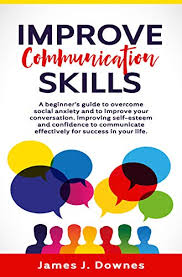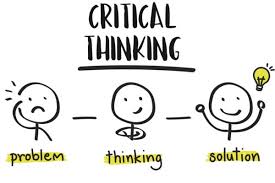VOL- 6 ; ISSUE- 6, PUNE RESEARCH - An International Journal in English (ISSN 2454-3454) JIF 3.02
6.6 ENGLISH
Area of Article : ALL

VOL- 6 ; ISSUE- 6, PUNE RESEARCH - An International Journal in English (ISSN 2454-3454) JIF 3.02
6.6 ENGLISH

VOL- 6 ; ISSUE- 6, PUNE RESEARCH - An International Journal in English (ISSN 2454-3454) JIF 3.02
6.6.1 ENGLISH

Jones’ work has frequently been challenged on
account of her questionable subjects just as news inclusion of her own life,
her work keeps on awing peruses with its unpredictable style and profundity of
feeling. She attracts a significant number of the subjects her accounts from
her African-American legacy just as her very own life and battles. Maybe
generally significant all through the mental advancements in the characters are
their voices which yell from the pages of her work their story, their melody,
and their fact. Her peruses can't hold back to hear what will come next from
this calm lady who works so anyone can hear.
Keywords: Gayl
Jones, Slavery, Brutality, Racism, Classic Blues, Diaspora, Black
VOL- 6 ; ISSUE- 6, PUNE RESEARCH - An International Journal in English (ISSN 2454-3454) JIF 3.02
6.6.2 ENGLISH

Manju Kapur is a very prominent Indian Women
novelist. She is famous for her feminist approach. Her novels mostly deal with
the problems of women. She raises so many social issues. But her chief concern
is the suffering of woman. She is in favor of woman’s freedom from male
domination. Manju Kapur writes about the demerits of patriarchal society. Her
novels mostly discuss the pain and trauma of suppressed women. She shows in her
novels that women want to reject the idea of submission and sacrifice.
Keywords: Manju Kapur, Feminism,
Consciousness, Patriarchal Indian Society, Identity Crisis
VOL- 6 ; ISSUE- 6, PUNE RESEARCH - An International Journal in English (ISSN 2454-3454) JIF 3.02
6.3.3 ENGLISH

Communications plays such a big part in our lives today.
It is hard to think of a single activity that we engage in that doesn’t involve
communications in some way. In our busy world, we sometimes forget just how
important communications are to our success, relationships, and, ultimately,
happiness in life. But indeed, communications does play a major role in
achieving all of our goals. Classroom is a
complex communication space. Communication processes involves verbal, nonverbal
and para verbal components and is designed to mediate student and teacher
behaviour. The impact that partners exercised over others depends on the
quality and depth of interaction. If long thought that working style of the
teacher, the way they organize their speech is very important for the
efficiency of its business, the focus now moving towards how partners are picking
up mutual interaction and means which are co-participants. In order to develop
communication skills in relation with the teaching process we must identify the
future needs. That is why this article intend to established how important this
process is and which are the implication of this action. Effective
communication, especially in educational field is based on the ability to
express your own ideas and views clearly, with confidence and concisely,
permanently adapting your content and style to the class. Interaction between
teachers and students can contribute to effective communication in the
classroom or may be the source of problematic situations.
Keywords: Communication skills, teaching-learning process, classroom
management, school behaviour.
VOL- 6 ; ISSUE- 6, PUNE RESEARCH - An International Journal in English (ISSN 2454-3454) JIF 3.02
6.6.4 ENGLISH

Educators and employers are stressing on the
fact that the gulf between the critical thinking skills of our students and the
demands of life in the 21st century is only widening. We need to
make a paradigm shift in the way we teach students in the language classroom so
that critical thinking skills are fostered in them. This paper aims to bring
into focus, through a review of principles laid down by theorists of Critical
Thinking, the strategies and instructional processes that language teachers can
adopt in order to foster critical thinking skills in students.
Key Words:
Critical Thinking; High Order Thinking Classroom (HOTC); cognitive
strategies; Zone of Proximal Development (ZPD)